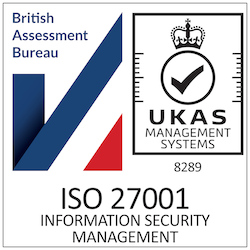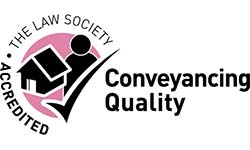The process of conveyancing does not only apply to residential properties, it can also apply to commercial property too. The transaction differs from traditional conveyancing processes, and it is important to know how this process works. Let the ONP Group explain!
Commercial conveyancing for buyers
When buying a commercial property, your conveyancer should check the property’s title and order any necessary pre-contract searches. After receiving the contract from the seller’s conveyancer, your own conveyancer should then approve it and make any further enquiries necessary in light of the findings of the search and the responses to the “CPSE Enquiries,” which are typical commercial property enquiry forms. At this point, any supplementary issues, such as mortgage financing and Stamp Duty Land Tax, will also be addressed.
The parties will exchange contracts if the buyer is pleased with their enquiries’ responses and search results, provided that both parties have approved the contract. The buyer will then pay back any agreed-upon deposits. At this point, both parties are now contractually obligated to complete the deal.
In order to get the Seller’s solicitor’s consent, your conveyancer will request the appropriate pre-completion searches and prepare the Transfer Deed. You will be required to have the remaining payment for the purchase ready for completion. The buyer will send the seller the remaining balance of the purchase money, and the sale will be finalised by the buyer’s and seller’s respective conveyancers.
Any necessary Stamp Duty Land Tax will be paid by your conveyancer, and, if necessary, the transaction will be registered with the Land Registry.
Commercial conveyancing is also a longer process than residential conveyancing, and there is no exact time frame for this process. Additionally, another difference between the two conveyancing processes is that for commercial, contracts will be exchanged at an earlier stage.
For more information about our commercial conveyancing services, click here.






